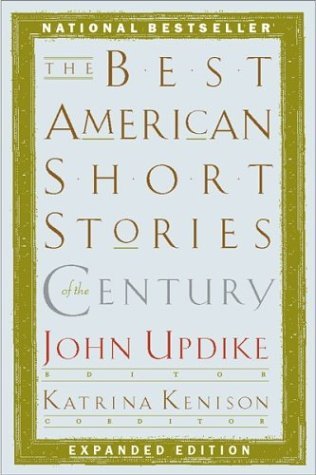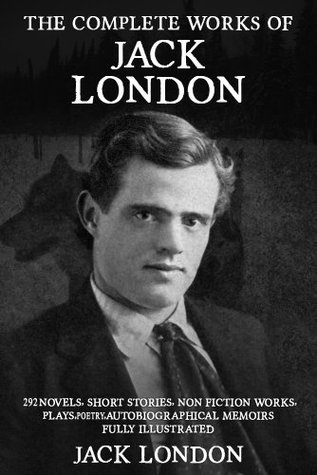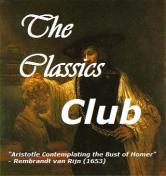Deal Me In 2020 – Week 1
If she answers, I’ll wish her a Happy New Year. But that’s it. I won’t bring up business. I won’t raise my voice. Not even if she starts something. She’ll ask me where I’m calling from, and I’ll have to tell her. I won’t say anything about New Year’s resolutions. There’s no way to make a joke out of this.
Week 1 of Deal Me In 2020 brings me to the Nine of Spades and Raymond Carver’s short story “Where I’m Calling From” which is only the second Carver story I’ve read, the first being “Are These Actual Miles”. Check out my Deal Me In 2020 list here. Deal Me In is hosted by Jay at Bibliophilopolis. This story is included in The Best American Short Stories of the Century edited by John Updike. Since we are pretty much two decades into the 21st century, I might add that the title of this anthology refers to the 20th century. It’s also fun when the Deal Me In fates give me a story for Week 1 that at least mentions New Year’s.
“Where I’m Calling From” contains a coldness and a hard facade that covers the emotion buried deep in the narrator’s alcoholic condition. The narrator, who doesn’t have a name, meets J. P., another alcoholic, at a “drying-out” facility. The narrator gladly listens to J.P’s story while recalling memories of his own story. The intersecting of these stories gives Carver’s narrative the intrigue I needed to get drawn into it. Because of Carver’s writing, I felt a little like the narrator:
“Then what?” I say. “Don’t stop now, J.P.” I was interested. But I would have listened if he’d been going on about how one day he’d decided to start pitching horseshoes.
Depression laces the memories of the narrator but he has one memory that brings a smile to his face and to the reader’s – giving the story a quick shot of warmth before ending. Speaking of “warmth”, after the narrator recounts this memory, he then remembers Jack London’s short story “To Build A Fire”. The warmth in Carver’s story probably sticks around as long as it does in London’s story.













